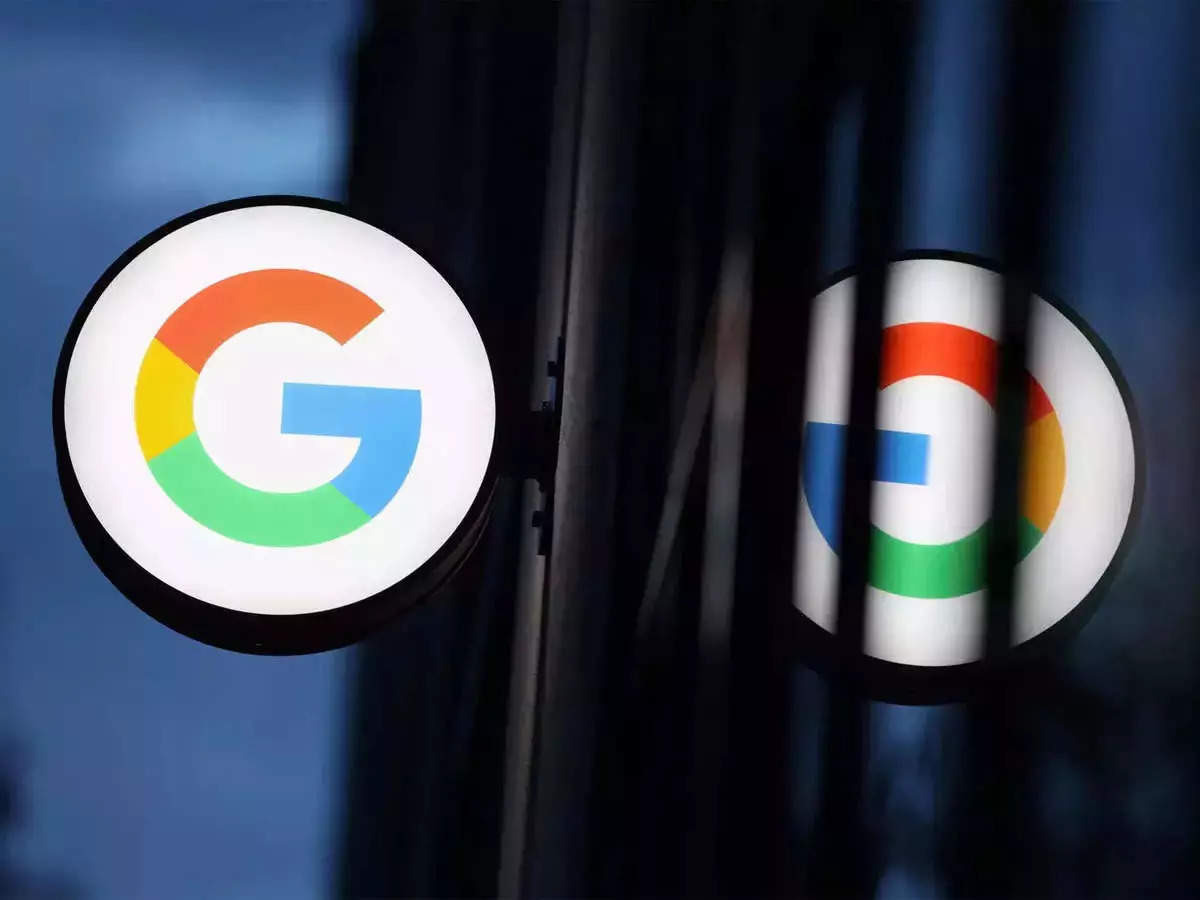Why Google and Microsoft’s ‘AI Search’ plans have advertisers irked – Times of India
According to ad buyers who spoke with Reuters, Google, and Microsoft are adding advertisements to their AI experiments without offering the choice to opt out. This seems to have upset some brands and could further lead to more backlash from the industry.
Microsoft and Google are testing ad placements in their AI-powered search features, with Microsoft inserting ads into Bing‘s chatbot responses and Google using existing ads to test placements in their Generative Search Experience feature.
While both companies are seeking feedback from ad buyers, they cannot really opt out of the tests yet.
Advertisers not happy with not being given control over ads on ‘AI search‘
According to ad buyers, the brands are hesitant to allocate their marketing budgets toward features that only a select few users can access. Moreover, advertisers prefer to have control over the placement of their ads on the internet and are careful about being associated with unsuitable or inappropriate content, and neither of the companies is not giving them the option to do so.
Both Microsoft and Google have said that their AI search features will adhere to the same restrictions and blocked keyword lists as their regular search engines to ensure appropriate ad placement.
Advertisers are concerned about testing new ad placements without their consent, leading some to halt spending on Microsoft temporarily. Wells Fargo is keeping some of its ad budgets off the platform.
Google’s Performance Max is known as an analytical “black box” because its AI-powered tool selects ad placements without disclosing how the algorithm chooses the display location.
Then, there are concerns about Microsoft’s transparency reporting, specifically the lack of access to reports on search term triggers and ad performance in generative AI experiences compared to traditional search ads. According to Lynne Kjolso, Microsoft’s VP of Global Partner and Retail Media, product teams are prioritising their development for transparency reports.
Ad agencies are also worried about how search engines will prevent ads from appearing on false AI responses. Kjolso argues that Bing’s web information can serve as a “grounding” mechanism for large language models, which can lessen the chances of hallucinations.
window.TimesApps = window.TimesApps || {}; var TimesApps = window.TimesApps; TimesApps.toiPlusEvents = function(config) { var isConfigAvailable = "toiplus_site_settings" in f && "isFBCampaignActive" in f.toiplus_site_settings && "isGoogleCampaignActive" in f.toiplus_site_settings; var isPrimeUser = window.isPrime; if (isConfigAvailable && !isPrimeUser) { loadGtagEvents(f.toiplus_site_settings.isGoogleCampaignActive); loadFBEvents(f.toiplus_site_settings.isFBCampaignActive); } else { var JarvisUrl="https://jarvis.indiatimes.com/v1/feeds/toi_plus/site_settings/643526e21443833f0c454615?db_env=published"; window.getFromClient(JarvisUrl, function(config){ if (config) { loadGtagEvents(config?.isGoogleCampaignActive); loadFBEvents(config?.isFBCampaignActive); } }) } }; })( window, document, 'script', );
For all the latest Technology News Click Here
For the latest news and updates, follow us on Google News.


